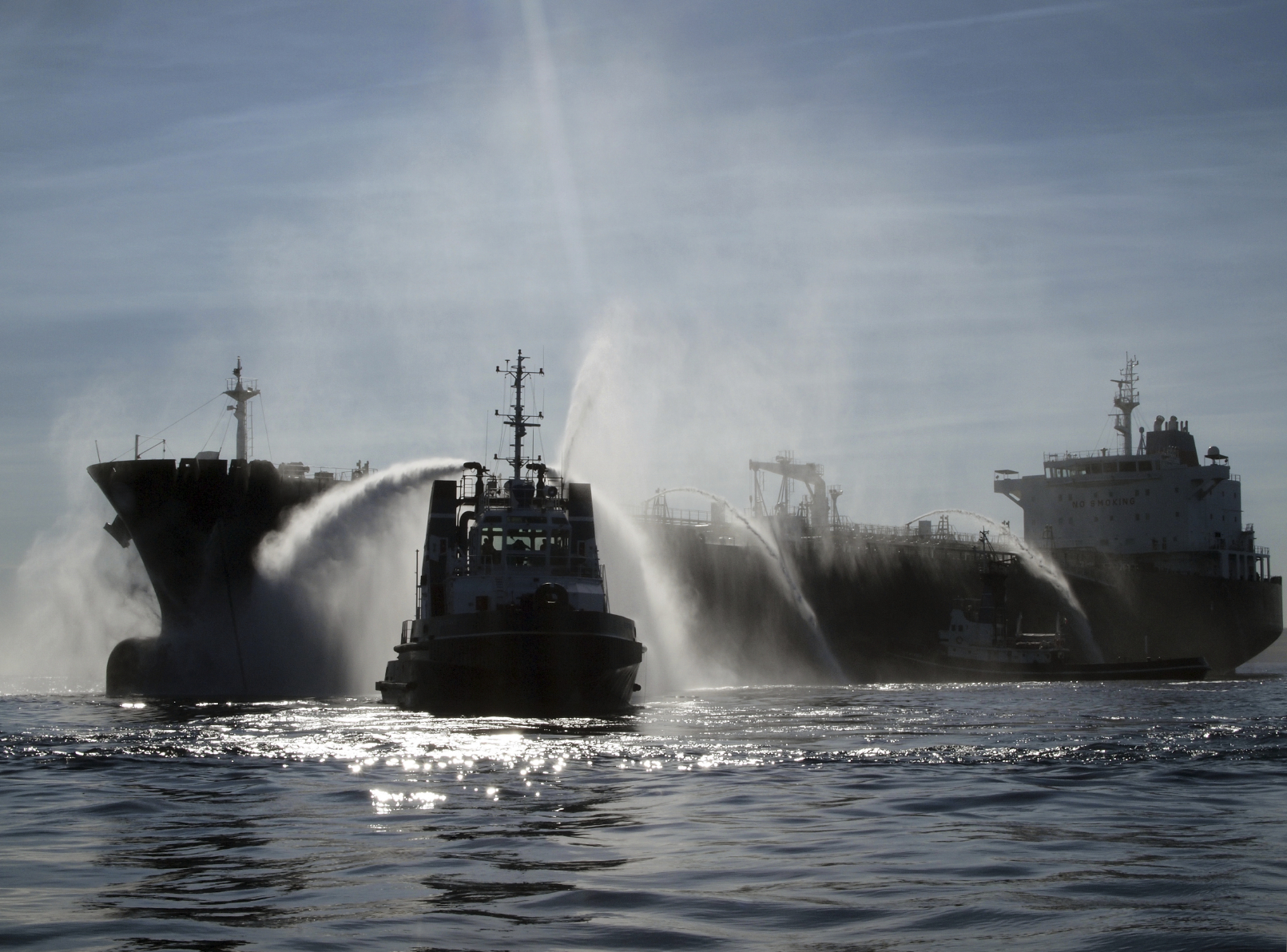The United Kingdom takes a much more proactive approach than Canada once the threat of an oil spill occurs . One person is appointed and is delegated all the necessary statutory powers for pollution response and intervention. That person is a knowledgeable mariner who is known as the Secretary of State’s representative for Maritime Salvage and Intervention (SOSREP).
Key Feature of the United Kingdom Oil Pollution Response Regime
“Oversee, control and if necessary to intervene and exercise ‘ultimate command and control’, acting in the overriding interest of the United Kingdom and consolidates operations within U.K. waters involving vessels or fixed platforms where there is a significant risk of pollution”.
The SOSREP powers extend marine safety matters to the territorial sea and, in the case of pollution, applies to the outer edge of the exclusive economic zone (EEZ) (200 nautical miles).
The SOSREP position grew out of Lord Donaldson’s review on behalf of the U.K. government of theSea Empress incident in 1996. His report (published in 1999) was entitled Lord Donaldson’s Review of Salvage and Intervention and their Command and Control. He made it clear that when it came to a marine casualty, “salvage by committee”, as witnessed during theSea Empress incident, was generally was found to be ineffective and inefficient. It was his opinion that what was needed in such emergencies was a single voice able to make decisions on behalf of the U.K. government and in the overriding public interest. And if necessary, to override any and all other interested parties.

